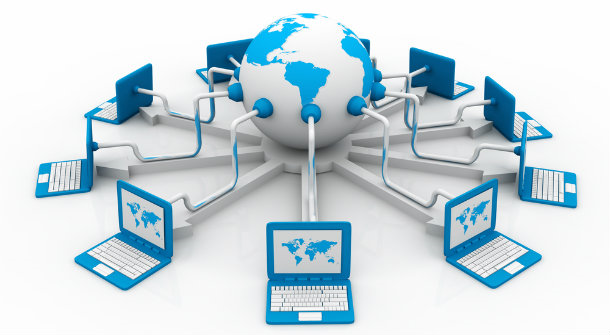Disadvantages of Computer Networks
Disadvantages of Computer Networks
Lack of data security and privacy
Because there would be a huge number of people who would be using a computer network to get and share some of their files and resources, a certain user’s security would be always at risk. There might even be illegal activities that would occur, which you need to be careful about and aware of.
Presence of computer viruses and malwares
If even one computer on a network gets affected by a virus, there is a possible threat for the other systems getting affected too. Viruses can spread on a network easily, because of the interconnectivity of workstations. Moreover, multiple systems with common resources are the perfect breeding ground for viruses that multiply.
Lack of Independence
Since most networks have a centralized server and dependent clients, the client users lack any freedom whatsoever. Centralized decision making can sometimes hinder how a client user wants to use his own computer.
Lack of Robustness
As previously stated, if a computer network’s main server breaks down, the entire system would become useless. Also, if it has a bridging device or a central linking server that fails, the entire network would also come to a standstill.
Need an efficient handler
For a computer network to work efficiently and optimally, it requires high technical skills and know-how of its operations and administration. A person just having basic skills cannot do this job. Take note that the responsibility to handle such a system is high, as allotting permissions and passwords can be daunting. Similarly, network configuration and connection is very tedious and cannot be done by an average technician who does not have advanced knowledge.
